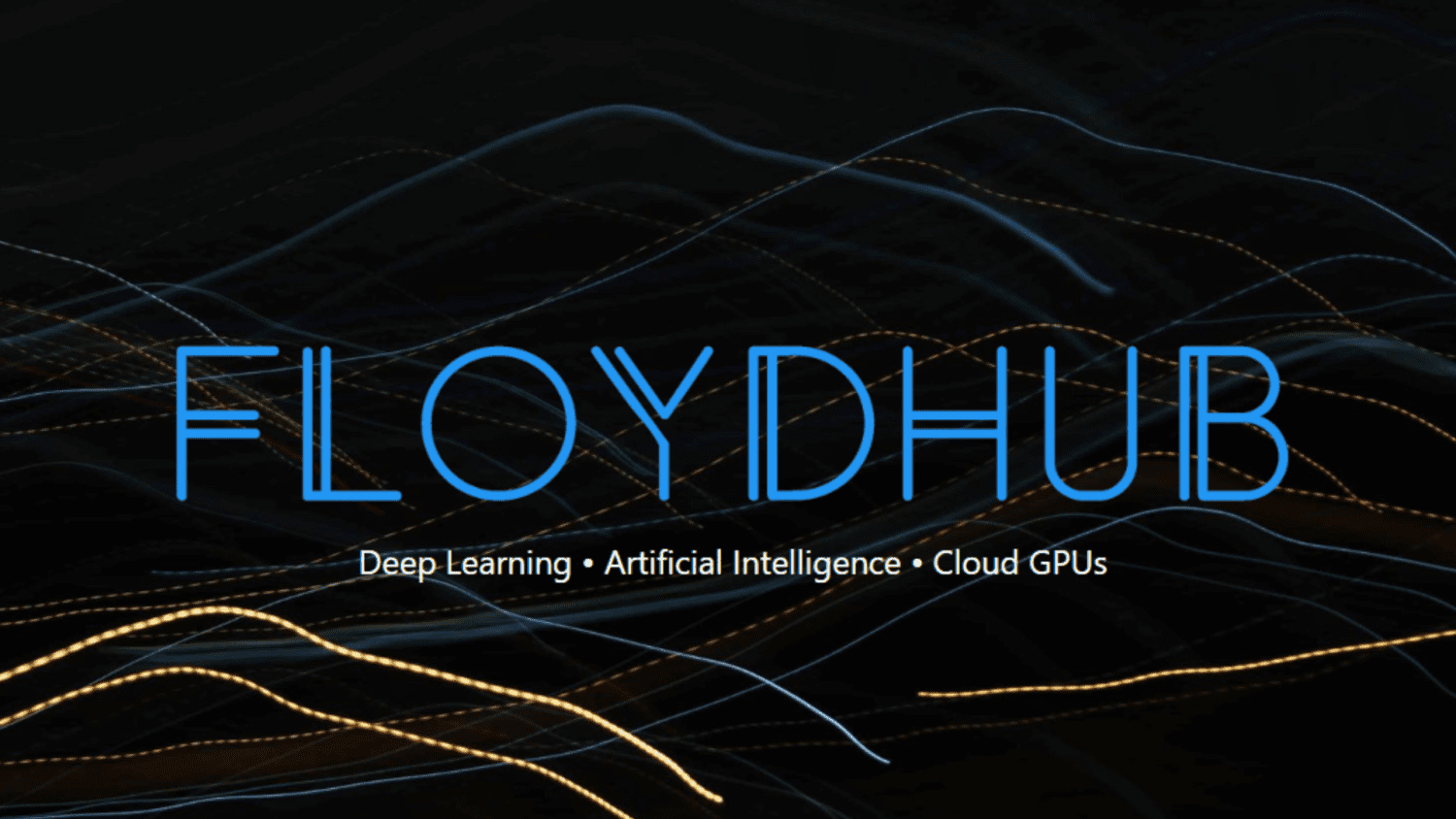
Infinite surprise – the iridescent personality of Kullback-Leibler divergence
Kullback-Leibler divergence is not just used to train variational autoencoders or Bayesian networks (and not just a hard-to-pronounce thing). It is a fundamental concept in information theory, put to use in a vast range of applications. Most interestingly, it’s not always about constraint, regularization or compression. Quite on the contrary, sometimes it is about novelty, discovery and surprise.




